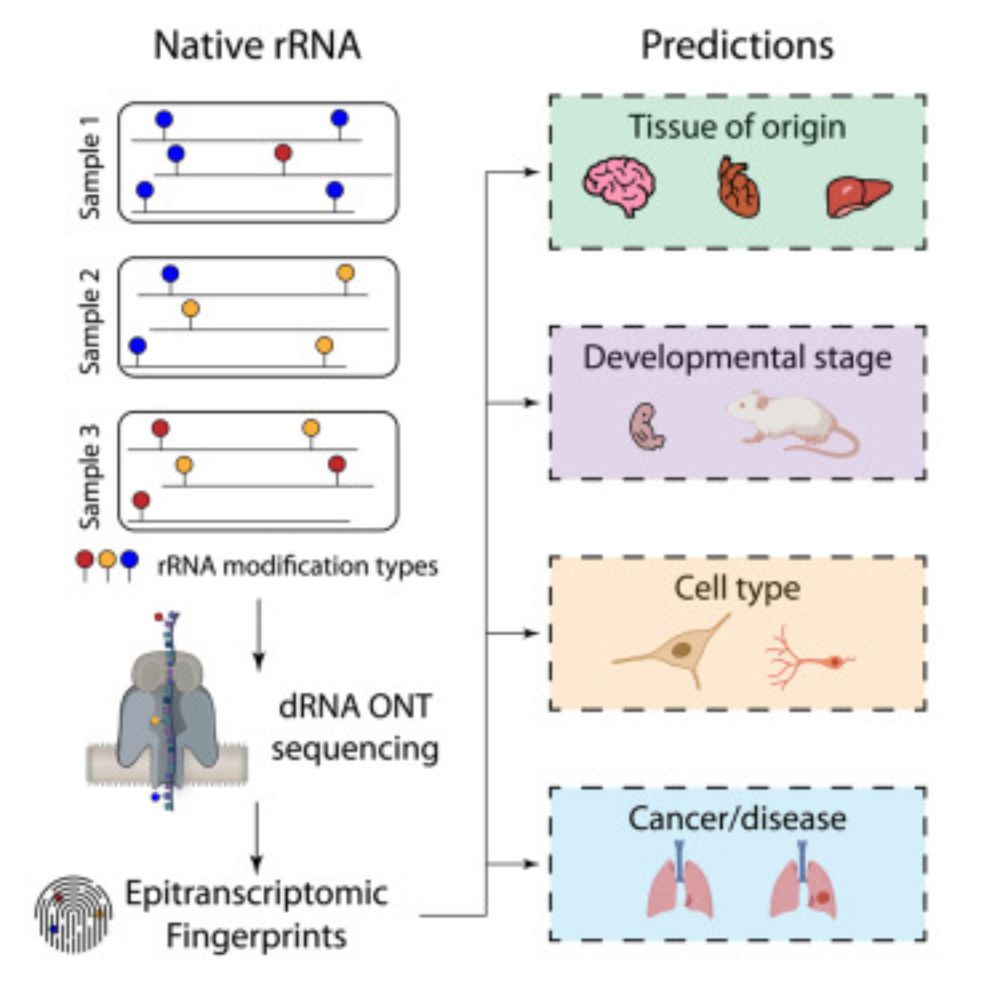Queralt Tolosa, PhD
@queralttolosa.bsky.social
86 followers
100 following
20 posts
🧬🎨 Scientific Illustrator & Animator #SciArt #SciComm | Empowering Science Through Visual Storytelling | PhD in Biomedicine🔬👩🏻🔬
www.queralttolosa.com
Posts
Media
Videos
Starter Packs
Reposted by Queralt Tolosa, PhD
Reposted by Queralt Tolosa, PhD
Reposted by Queralt Tolosa, PhD














